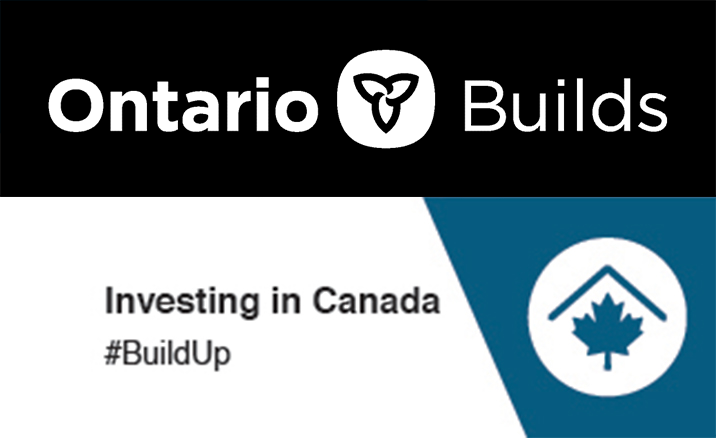What is the Special Education Advisory Committee (SEAC)?
The Special Education Advisory Committee is a group of enthusiastic advocates representing families and associations that support students with special needs in the Waterloo Region District School Board (WRDSB). Our role is to connect with families and caregivers, review and make recommendations to the Board about Special Education programs and services for students with exceptional needs, and to ensure equal access to appropriate school supports.
How we can help
- We are ready to support families, caregivers and community partners struggling to access the right kinds of support for their children and youth as they navigate the special education services in the WRDSB.
- Our friendly and knowledgeable members are prepared to listen and advise families and caregivers of students in the WRDSB as they advocate for their students.
- We can provide family and caregiver mentorship or help to source school and community resources as needed.
- Have a great idea for a new special education program or service? Reach out and let’s talk about it!
What we do
SEAC meets on the 2nd Wednesday of each month from 7 to 9 p.m. online. The meetings are friendly and casual, but follow a specific structure, often with a presentation by the board or a community member and discussion of the topic presented, then reports from trustees and each association. Trustees will bring this information to the following board meeting, so concerns raised at SEAC are heard in board meetings.
SEAC Associations
SEAC community associations are always happy to support you with any questions that you have about the exceptionalities that we represent.
SEAC includes the following associations:
- Autism Ontario – Waterloo Region
- Easter Seals Ontario
- Epilepsy South Central Ontario (Kitchener-Waterloo)
- FASD ONE Fetal Alcohol Spectrum Disorder / Ontario Network of Expertise
- Learning Disabilities Association of Wellington County
- Ontario Federation for Cerebral Palsy
- Ontario Parents of Visually Impaired Children
- Waterloo Wellington Down Syndrome Society
Non-Association Members
Trustees on SEAC
- Trustees Joe Meissner & Samantha Estoestra
Previous Member Associations
- Deaf and Hard of Hearing
- Parents for Children’s Mental Health
- Tourettes Association
- Society of Bright Children
How can I get involved?
SEAC can have representatives of up to 12 community associations. If your association is not represented, there may be an opportunity to become part of the committee. Please note that if your association is already represented, we encourage you to check with your association to find out if there is a vacancy because each group can have a primary and an alternate representative. To join, you must be a Canadian citizen, 18+, live in Waterloo Region, and not be an employee of the school board.
Contact SEAC
- Leonilda Gil, Administrative Assistant, if you are interested in attending a meeting or would like to have your association added to SEAC. leonilda_gil@wrdsb.ca, seac@wrdsb.ca or call 519-570-0003, ext. 4235
- Shannon Taylor, Meeting Chair, can help you find your place at SEAC, smtaylor@uwaterloo.ca
- Jodi Albrecht, Superintendent, Student Achievement & Well-Being (Special Education), jodi_albrecht@wrdsb.ca
- Stephen McCrae, System Administrator – Special Education, stephen_mccrae@wrdsb.ca
SEAC Vision and Guiding Principles
Our Vision
Creating a positive school community and atmosphere where all students feel they belong, experience success and reach their full potential.
Guiding Principles
- All students are valued and are contributing members to their school community and individual school experience.
- Strong relationships between school, students, parents/guardians and extended school communities where everyone feels engaged and supported.
- Programming and curriculum delivery uses Universal Design for Learning, Differentiated Instruction and a Holistic Approach to maximize opportunities and meet the needs of all students.
- Students and staff achieve success working in an innovative learning environment.
- Creating a sustainable culture of inclusion, respect, understanding and collaboration.
Categories: Learning Tags: SEAC · Special Education Advisory Committee

